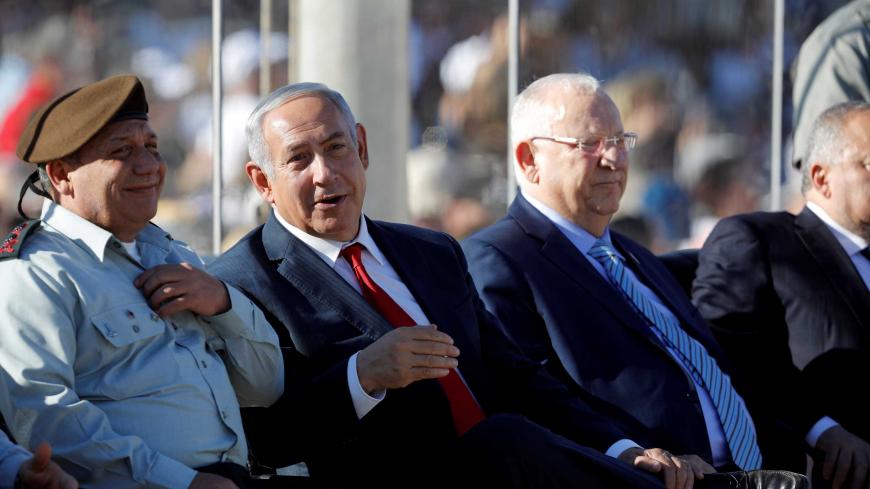They may both belong to the same political party — the Likud — but there is still a long history of personal differences, not to say animosity, between Prime Minister Benjamin Netanyahu and President Reuven Rivlin. “It looks like Netanyahu isn’t my friend,” Rivlin said last February, describing the icy relationship between the two men.
This seems to be why Netanyahu is trying to pass legislation limiting the president’s right to decide which Knesset member will form the next government after elections. Netanyahu fears that Rivlin will use the criminal investigations he is facing — especially now, with Israel Police recommending that he be indicted for bribery in Case 4000 — and hand over to another Likud Knesset member the task of forming the coalition. More specifically, he fears that Rivlin will task former Education Minister Gideon Saar with that mission. And so he initiated the so-called Gideon Saar Law, forcing the president to task only a Knesset member who is also party head with the composition of the coalition. The Ministerial Committee on Legislation is expected to approve this week the recent toned-down version of the proposed law, to that effect. Originally, Netanyahu proposed that only the Knesset member who has the most Knesset members’ support could be tasked by the president.



